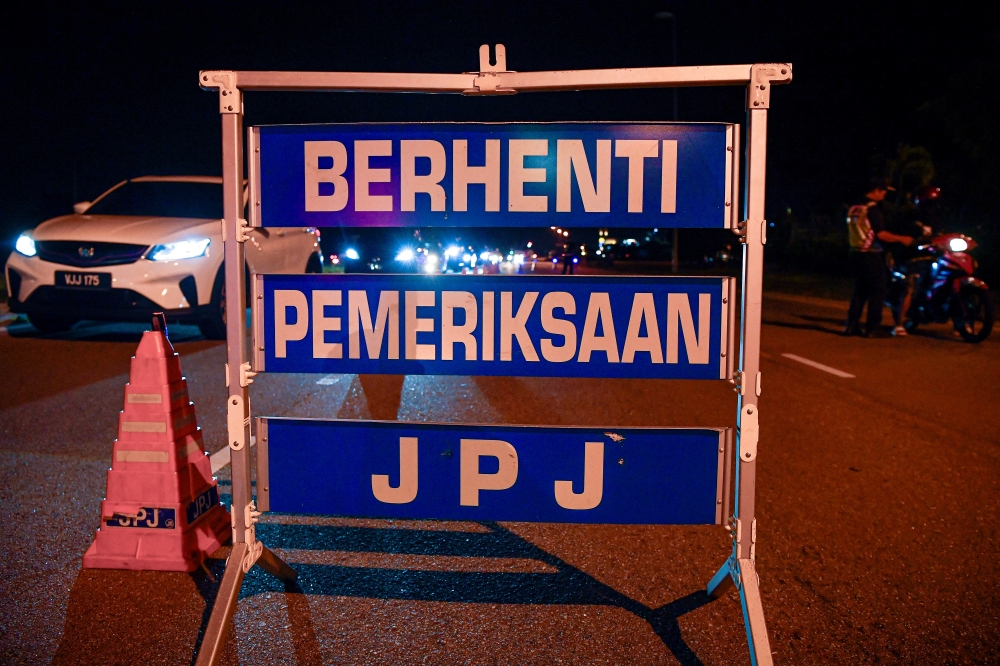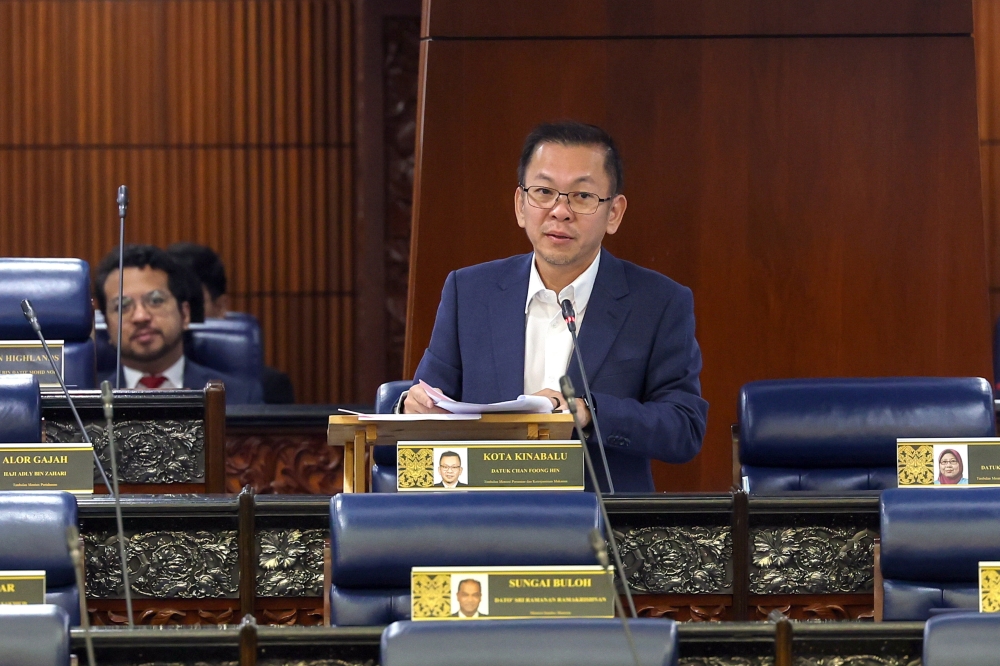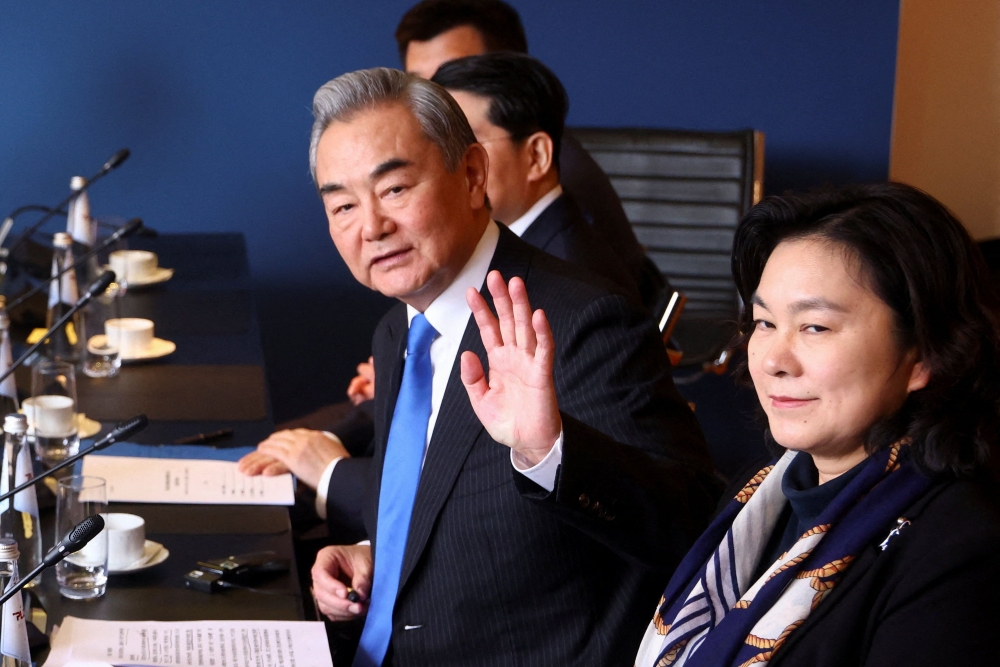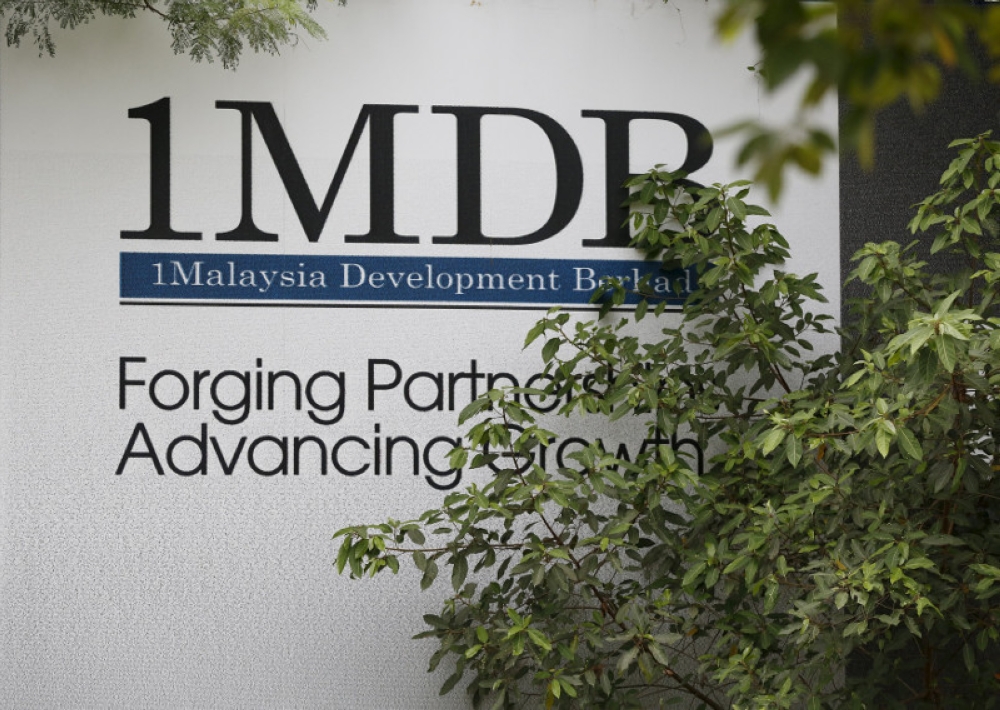FEBRUARY 4 — Malaysia should ban female genital mutilation/ cutting (FGM/C), and work with health and religious authorities, and the community to end the practice immediately.
We appeal to the government to enforce laws that protect a woman’s right to bodily integrity and autonomy, ahead of the International Day of Zero Tolerance for FGM on Wednesday.
“It has been a year since the UN’s Convention on the Elimination of All Forms of Discrimination against Women (CEDAW) Committee criticised Malaysia for practising FGM/C,” said Sivananthi Thanenthiran, Executive Director of the Asian Pacific Resource and Research Centre for Women (ARROW), a regional NGO that champions sexual and reproductive health and rights of women and young people. “CEDAW committee members from Muslim countries like Egypt asked the Malaysian Government to revisit the 2009 decision by the National Fatwa Committee that made it obligatory, and urged the Government to abolish it.”
Rozana Isa, Executive Director of Sisters in Islam (SIS), said “Islam did not introduce circumcision of girls to the world. Circumcision of girls can be traced back to pre-Islamic traditions. Nevertheless, the modern Islamic world has made a clear stance that FGM, no matter how insignificant, has a clear harm factor and is categorically unIslamic.”
Dar al-Ifta al Misriyyah, which is among the pillars of the religious foundations in Egypt (and includes Al-Azhar Al-Sharif, Al-Azhar University, Ministry of Religious Endowments, and Dar al-Ifta al-Misryyah), had declared all forms of FGM, including female circumcision, to be religiously forbidden from May last year. The organisation said that banning FGM should be a religious duty of all Muslim countries due to its harmful effects on the body. Al-Azhar is considered the authoritative reference for Sunni religious authorities throughout the world, including Malaysia.
In February last year, the CEDAW Committee said that women’s rights had regressed in Malaysia, and urged the government to abolish FGM, which takes place in certain Muslim Malay communities. At the Universal Periodic Review (UPR) in Geneva in November, the Women, Family and Community Development Ministry denied the practice of FGM, but said female circumcision was done on babies as part of a cultural obligation.
FGM refers to all procedures involving partial or total removal of the external female genitalia or other injury to the female genital organs for cultural or other non-medical reasons. The World Health Organisation (WHO) has identified four types of FGM (details below). In Malaysia, Type 4 — pricking, piercing, incising, scraping or cauterisation — is common, and reports indicate Type I — also called clitoridectomy, which is the partial or total removal of the clitoris and/or the prepuce — is also common as described by doctors engaged in the practice.
“FGM has long lasting physical and psychological effects on girls. Continuing the practice means further eroding Malaysia’s human rights record. We call on the government to abolish the practice and implement the recommendations of the CEDAW Committee and the UPR. All Malaysian girls and women deserve to grow up free from harmful practices that endanger their health and well-being,” Thanenthiran said.
In conjunction with the International Day of Zero Tolerance for FGM, ARROW will be part of a Facebook Live discussion, “End female genital cutting globally: Activists in Conversation, on Feb 6 on Wednesday at 2pm GMT. Hosted by the Orchid Project, a UK-based charity, the discussion will include activists from Sahiyo, an India-based NGO, the US, and Kenya, to discuss how action at the grassroots can be supported, to end FGC globally.
The link to the event is http://bit.ly/2Fxoopf.
* Press statement by Asian Pacific Resource and Research Centre for Women.
** This is the personal opinion of the writer or publication and does not necessarily represent the views of Malay Mail.





















